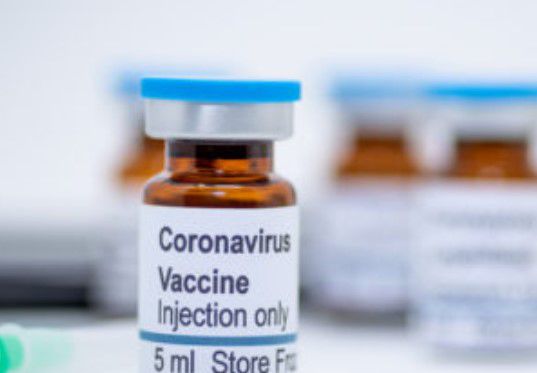South Africa, which entered a third wave of the Covid-19 pandemic this week and is behind schedule in vaccination, announced on Saturday that it will have to put two million vaccines from the American Johnson & Johnson (J&J) on hold, which are suspected of being contaminated. .
The US authorities announced a day before that “several batches” of the vaccine, that is, several million doses, manufactured in Baltimore, United States, and whose production had to be stopped several weeks ago, will have to be withdrawn.
“We have two packages involved, representing 2 million doses currently kept in the Gqeberha warehouse (ex-Port Elizabeth, South),” said South African Health Minister Mmamoloko Kubayi-Ngubane, questioned by journalists during a visit to the hospital. from Soweto.
The regulatory authority for health products (Sahpra) will have to rule on their probable withdrawal.
In March, tests carried out at the American factory revealed that products that go into the composition of the AstraZeneca vaccine, manufactured in the same place, were mistakenly mixed with the J&J vaccines, causing the contamination of millions of unusable doses. Other lots have yet to be examined.
“We cannot deny that it is a step backwards in our vaccination program,” added the minister, who recently replaced Zweli Mkhize, dismissed after suspicions of corruption in his environment.
A delivery of 300,000 new doses of J&J is due on Tuesday, Kubayi-Ngubane said.
South Africa has a supply of 31 million doses of the single-dose J&J vaccine to immunize its population of 59 million.
The only vaccine purchased by the government and approved by the South African health authorities is the one manufactured by Pfizer.
The country managed to obtain 30 million doses, but this two-injection vaccine needs to be stored at a very low temperature.
South Africa, where 58,000 people have died of covid, has only vaccinated just over 1% of its population.
Source: AFP


